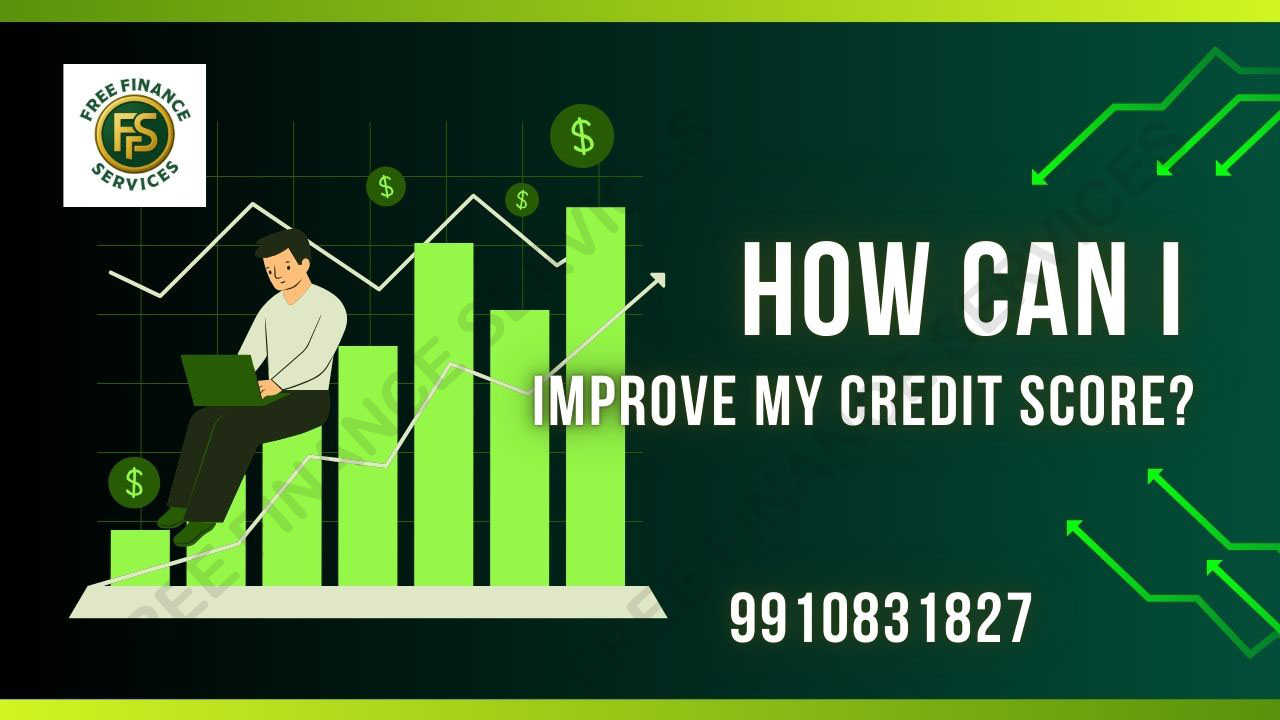Improving your credit score is one of the smartest financial decisions you can make. A good credit score makes it easier to get personal loans, home loans, car loans, and even credit cards with attractive benefits. It also helps you negotiate better interest rates with banks and NBFCs. In India, the most commonly used score is the CIBIL score, which ranges from 300 to 900. A score of 750+ is generally considered excellent. 🚀
🌟 1) Check Your Credit Report Regularly
Your first step is to check where you currently stand. Download your report from credit bureaus like CIBIL, Experian, Equifax, or CRIF High Mark. Look for mistakes such as wrong account details, missed payments wrongly reported, or loans you never took. Dispute them immediately, because even small errors can pull down your score. ✅
💰 2) Pay All EMIs & Bills On Time—Every Time
Payment history is the single biggest factor that affects your score. Even a single late EMI or credit card bill can bring it down sharply. Set up AutoPay or reminders so you never forget. If you face financial stress, speak with your lender about restructuring options rather than defaulting. ⏰
🧮 3) Keep Credit Utilization Below 30%
Credit utilization means how much of your available credit you use. Experts recommend keeping it below 30%. For example, if your card limit is ₹1,00,000, try to spend less than ₹30,000 in a month. If you often exceed, request a limit increase or spread expenses across multiple cards. 📉
🪙 4) Build a Healthy Credit Mix
Lenders prefer when you have a balance of secured loans (like home or car loans) and unsecured loans (like personal loans and credit cards). If you’re just starting, you can apply for a secured credit card against a fixed deposit to safely build your history. 🧱
🔁 5) Avoid Frequent, Unnecessary Loan Applications
Every time you apply for a loan, lenders perform a hard inquiry. Too many inquiries in a short period reduce your score. Apply only when necessary and compare lenders online before submitting applications. This makes you look financially stable. 🎯
📆 6) Maintain Long, Clean Credit History
Your oldest loan or credit card is proof of your repayment discipline. Never close your oldest credit card unless absolutely necessary. The longer your track record of timely payments, the stronger your score becomes. 🏆
💳 7) Pay More Than the Minimum on Credit Cards
Paying only the minimum due on credit cards keeps you in debt and increases interest burden. It also raises your utilization ratio, damaging your score. Always try to pay the full bill, or at least much more than the minimum. 🧹
📊 8) Settle Collections & Overdues the Right Way
If you already have overdue accounts or loans in collection, contact your bank to clear them. Once paid, ensure that the lender updates the status as “Closed” instead of “Settled”. A “Settled” status still negatively impacts your score. Always keep written proof of settlement. 🗂️
🔐 9) Monitor Co-signed/Joint Loans
If you co-signed a loan for a friend or family member, remember that their payment behavior directly affects you. If they miss EMIs, your score will also drop. Keep track and make sure payments are regular. 🤝
🧭 10) Use Credit Responsibly—Not Excessively
Opening multiple loans and credit cards at once may make you look risky. Choose stable tenures with affordable EMIs and keep your credit profile simple. Consistent, responsible use always pays off in the long run. 🧘♂️
❓ Quick FAQs
How long does it take to improve? Minor improvements like fixing errors can show results in 30–60 days. For bigger changes, it usually takes 3–6 months of consistent good habits. 📅
Does closing a credit card help? Not really. Closing a card reduces your total limit and increases utilization, which may harm your score. Instead, keep old cards active with small monthly spends. 🔄
Do loan inquiries affect my score? Yes, too many inquiries signal risk to lenders. Only apply when you are confident of approval. 🧐
🚫 Common Mistakes to Avoid
- Missing EMIs even by a few days.
- Using 60% or more of your card limit regularly.
- Ignoring incorrect details in your report.
- Taking too many short-term, high-interest loans.
📈 Pro Tips for a Faster Boost
- Enable AutoPay for EMIs and credit cards.
- Ask for a credit limit increase but keep your spending low.
- Convert large purchases into EMIs to manage utilization better.
- Keep older accounts active with small regular payments.
🌈 Bottom Line
Improving your credit score takes discipline but is not difficult. Focus on three things: paying on time, keeping balances low, and building a clean history. Over time, these habits will take your score to 750+ and open the doors to faster approvals and better loan deals. 💪💼
Quick Contact: https://www.freefinance.in/apply-now.php
📞 Call us- 9910831827 — Apply Now ✅




